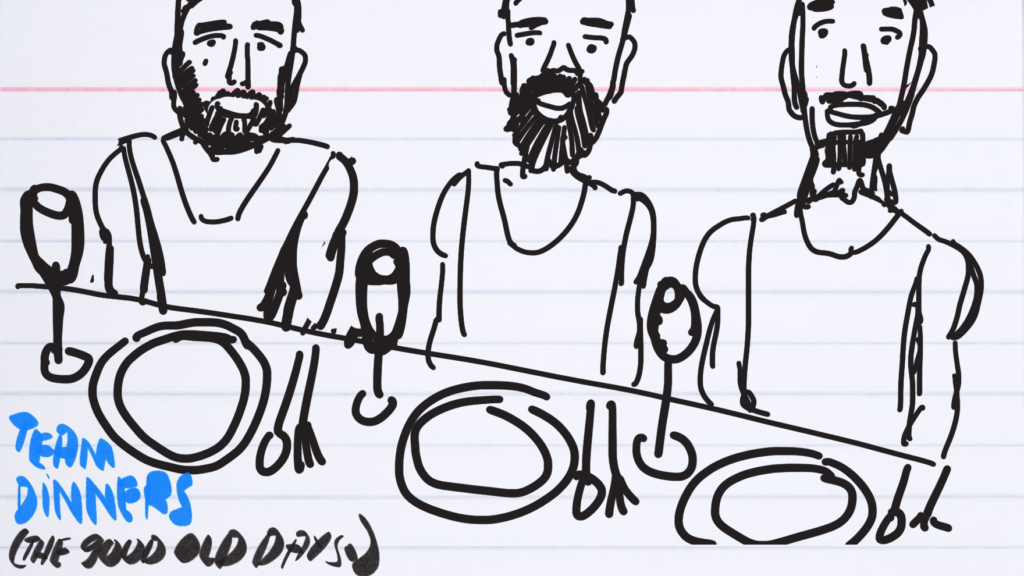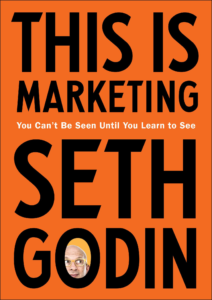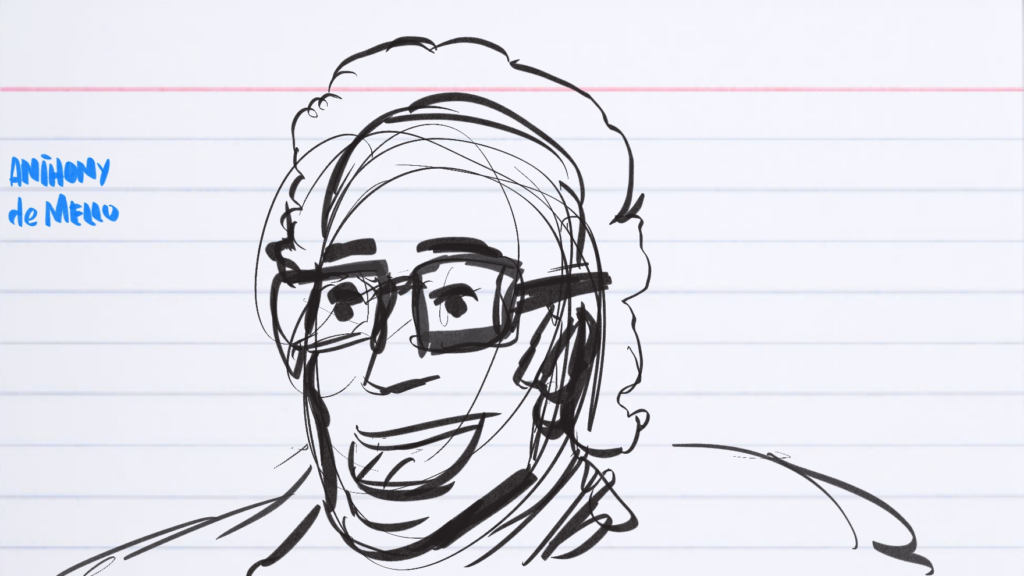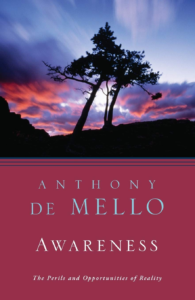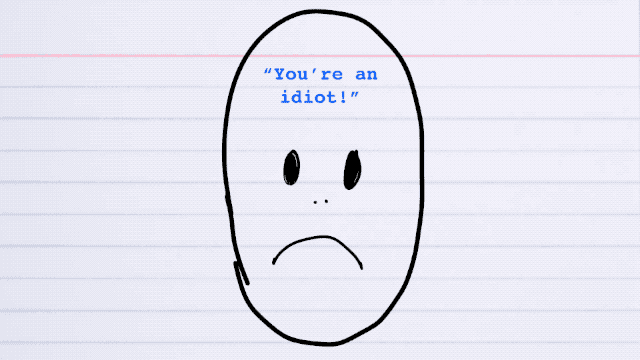The podcasts that I think are most valuable1 are the fly-on-a-wall kind where you have experts talking to each other. Tobi Lütke described this well on Tim Ferriss’s podcast (At 31:23):
My favorite thing in the world is—books definitely rank up there but there’s one thing which is better, which is being a fly on a wall when two experts talk amongst each other. Right? Which is one of those situations that was almost impossible to line up as an outsider and now suddenly is completely democratized through the wonderful invention of podcasting.
That deserves its own post eventually, but I wanted to help say that I love that professional athletes have their own podcasts. Few people in the world have better access to professional athletes than other professional athletes. It’s great that they’re willing to share their conversations with the rest of the world.
That way, I can hear about Chris Paul reminiscing about team dinners (At 18:45):
Redick: There’s still some level of that. I think the whole group dinner thing—it’s really dissipating.
CP: Yeahh. Honestly I just be thinking that it’s, you know, me and the team that I’m on. Last year, our team—we did that a lot more often than this year. But we’ve had our moments this year. It’s crazy. After we beat Boston and went to Toronto, our whole team did something together. I don’t know if it’s age. I don’t know what it is. I really don’t. I always say, to me, I’m not getting old by no means. But I actually enjoy when we do those dinners on the road and you go out. Because me—you know I’ll just sit in my room and order room service and watch every game that comes on every night.
But those dinners are really good. Even when you’re in the same city… I think that’s probably what I miss more than anything. Like way back in New Orleans when we played there. Tyson, D-West, and all of us. Say we had a stretch of 3 or 4 home games. One of those nights we would all go to somebody’s house. And I don’t know if teams do that or what not.
Redick: Yeah I’m guilty of that, because I don’t even live in the city that I play…
CP: Yeah it’s crazy. Because part of it is life, too. Like life changes. Like, Bubs, you could describe all of the different times in your career.
This year I’ve tried prioritizing spending time with friends. Spending time with people you enjoy being around is a good idea. Figure out ways to do that in all parts of your life.
Even if it’s fun, it can take effort. In Off The Clock, Laura Vanderkam explains that it’s worth it:
“The discipline of joy requires holding in the mind simultaneously that this too shall pass and that this too is good. This alchemy of mind isn’t easy, but the good life is not always the easy life. Happiness requires effort. It is not just bestowed; it is the earned interest on what you choose to pay in.”
Think back to the very best times you’ve spent with friends in the past few years. Some of them took a good amount of planning. (Particularly as you grow older and friends move to different cities or even countries.)
Now I’m just going to pile a few more quotes in here. The topic reminds me of something Tim Kreider says in We Learn Nothing:
I’m more productive now, and more successful; for the first time in my life I’m supporting myself by doing what I’ve always wanted to do. But I laugh less than I used to. Drinking was, among other things, an excellent excuse to devote eight or ten consecutive hours to sitting idly around having hilarious conversations with friends, than which I’m still not convinced there is any better possible use of our time on earth.
I learned about that book from the chapter (Lazy: a Manifesto) that’s included in Tools of Titans by Tim Ferriss. In the comments section of another post (a sample schedule of Tim’s day), he describes core metric (2008):
For example, I would consider time spent eating with family and friends a core metric. If this cuts into e-mail or workout output a bit, it’s a positive trade. Just one example.
I’ve heard him say something similar about counting the number of nights you’re having dinner with people. It can get ridiculous if you try tracking every little thing in your life and having metrics for things. If you read this and scoff because you already spend plenty of time with people you love, then you’re already winning.
Otherwise, bust the calendar out and schedule some time with a friend. Even if it’s just catching up on the phone2.
